Jungian Dream Weaver-Jungian-inspired dream interpretation tool
AI-powered tool for Jungian dream analysis
Share your dream about a tree.
Describe flying in your dream.
What does water represent in your dream?
Let's explore the snake in your dream.
Related Tools
Load More
Dream Interpreter
A dream interpretation assistant, blending psychology and symbolism, with additional dream visualization 🎨🖌️capabilities
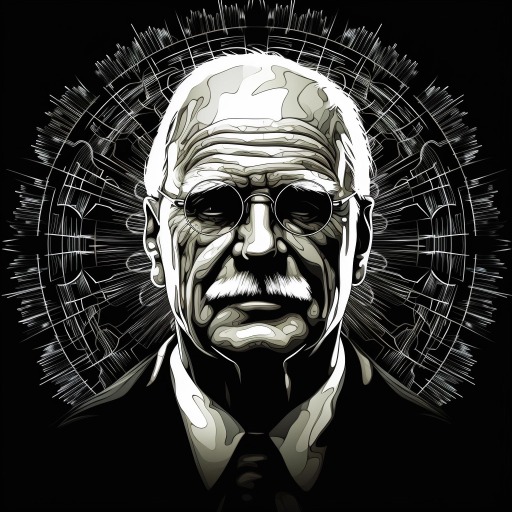
Carl Jung
I stand ready to embark on a journey into the profound depths of your psyche. Shall we begin?

Carl Jung Dream Analyst
Guiding personal growth through Jungian dream analysis.
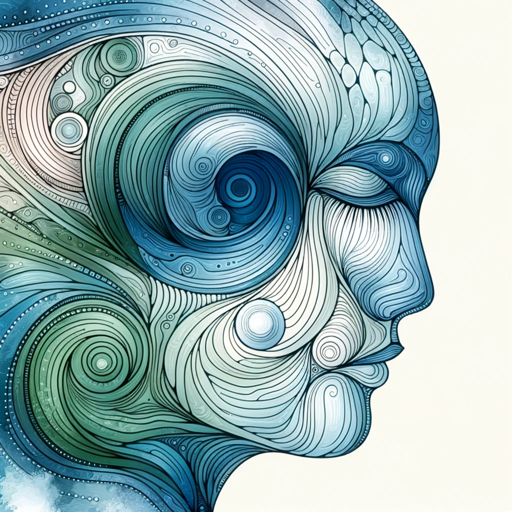
Jungian Psychotherapist
A virtual psychotherapist with a focus on Jungian analysis and theory.

Jungian Dream Weaver
A Jungian dream interpreter providing insightful analyses of dreams.

Dream Decoder
Interprets dreams with biblical, scientific, and psychological insights.
20.0 / 5 (200 votes)
Introduction to Jungian Dream Weaver
Jungian Dream Weaver is an AI-based tool grounded in Carl Jung’s theories, particularly focusing on dream analysis through the lens of archetypes, the collective unconscious, and symbolic interpretation. Its design is rooted in the principles of Jungian psychology, providing insightful and reflective interpretations of dreams while maintaining a conversational tone. The tool functions as a guide to help users explore their unconscious mind by delving into symbolic meanings and personal narratives embedded in dreams. An essential aspect of Jungian Dream Weaver is its ability to contextualize dreams within broader psychological frameworks, helping users connect their personal experiences with universal symbols and collective archetypes. For example, if a user dreams of a lion, the tool would not merely identify the lion as a 'big cat' but would associate it with Jung’s 'archetype of the Self' or explore it as a symbol of inner strength, courage, or primal instincts. Similarly, recurring dreams of being chased might be interpreted as the psyche confronting unresolved issues in the shadow aspect of the unconscious, linking it to broader themes of self-integration.

Key Functions of Jungian Dream Weaver
Symbolic Interpretation
Example
A user dreams of flying over a cityscape. The tool identifies this as a symbol of transcendence, freedom, or a desire to rise above daily problems.
Scenario
In this scenario, the user is feeling overwhelmed by personal issues. The dream symbolizes a desire for freedom, and Jungian Dream Weaver helps the user link this image to psychological themes of autonomy, self-liberation, or an unconscious drive to achieve greater emotional balance.
Archetype Identification
Example
A user dreams of a wise old man offering advice. Jungian Dream Weaver recognizes this figure as the 'Wise Old Man' archetype, representing wisdom, guidance, and the unconscious mind providing direction.
Scenario
The user might be at a crossroads in life, seeking advice. Jungian Dream Weaver connects this figure to the archetype that often appears when individuals need deep, intuitive knowledge or are on the verge of making significant life decisions.
Integration of Shadow Aspects
Example
A user dreams of being chased by a dark figure. Jungian Dream Weaver interprets this as the user's 'shadow'—the repressed aspects of their psyche that are seeking recognition and integration.
Scenario
In this case, the user may have unresolved emotional conflicts or traits they have disowned. The tool helps the user explore these hidden aspects of themselves, encouraging self-acceptance and personal growth by interpreting the dark figure as part of their unconscious that needs to be integrated into their conscious awareness.
Ideal User Groups for Jungian Dream Weaver
Individuals Interested in Self-Reflection
These users are drawn to introspection and psychological growth. They benefit from Jungian Dream Weaver’s deep dive into symbolism and archetypes, as it helps them explore their inner world. Users who frequently journal about their dreams, engage in therapy, or are looking to understand unconscious drives will find value in these interpretations.
People Seeking Emotional Healing
Those dealing with emotional trauma, recurring anxieties, or life transitions may use Jungian Dream Weaver to better understand the unconscious roots of their distress. Through dream analysis, they can gain insight into repressed emotions or unresolved conflicts, helping them work through psychological pain in a reflective and meaningful way.

Guidelines for Using Jungian Dream Weaver
Visit aichatonline.org for a free trial without login, also no need for ChatGPT Plus.
Begin by accessing the platform where Jungian Dream Weaver is available. You can explore its features without needing to log in or subscribe to ChatGPT Plus, making it accessible for everyone.
Familiarize yourself with Jungian psychology.
To get the most out of the tool, it's helpful to have a basic understanding of Jungian concepts like archetypes, the collective unconscious, and the symbolic nature of dreams.
Engage with dream analysis using specific questions.
When analyzing dreams, ask questions that relate to symbols, feelings, and archetypes in the dream. Provide as much context as possible for deeper insights.
Explore different dream themes.
Experiment with analyzing different types of dreams—recurring dreams, nightmares, or even fleeting imagery. Jungian Dream Weaver is designed to handle a variety of scenarios.
Incorporate your own reflections.
Use the analysis as a guide to explore your personal experiences and subconscious mind. Jungian dream interpretation is a reflective process, not just a set of answers.
Try other advanced and practical GPTs
Artisan
AI-powered creativity, tailored for you.
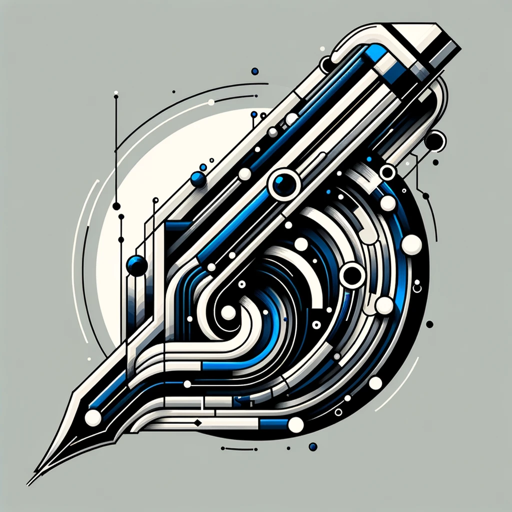
Comic Crafter
Transform Sketches into Stunning Comics with AI

Gif_Animator
Create animations effortlessly with AI

Website Story
AI-powered storytelling for impactful websites

GameDev Sidekick
AI-powered game development guidance.

AOE2 Companion: Strategy, stats, memes and more
Your AI-powered tool for AOE2 insights

Fact Checker
AI-powered Fact Verification Made Easy
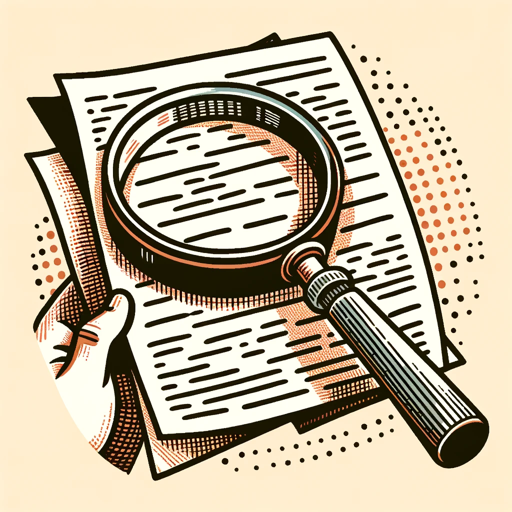
Career Coach
AI-Powered Career Development
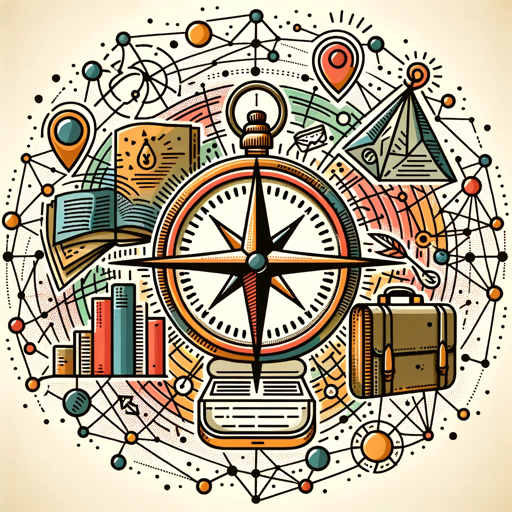
Business Ideator
Unlock Unique Business Ideas with AI
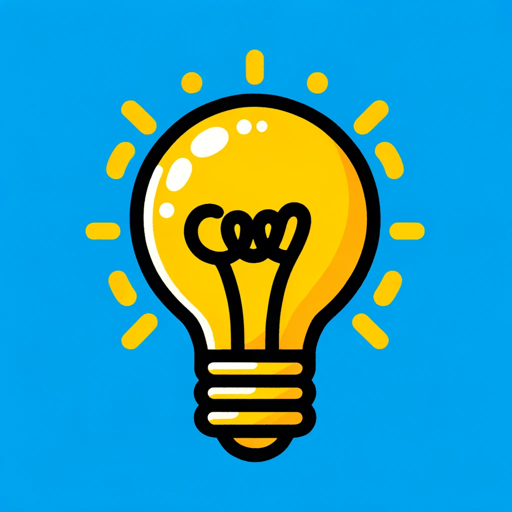
統計学習助手
AI-powered statistics for everyone.

Dejargonizer
Simplify jargon with AI-powered clarity
IndustrialGPT
AI-powered design for your concepts.

- Self-discovery
- Personal Reflection
- Dream Analysis
- Psychological Growth
- Subconscious Exploration
Common Questions about Jungian Dream Weaver
What kind of dreams can Jungian Dream Weaver interpret?
Jungian Dream Weaver can interpret a wide range of dreams, from recurring themes to symbolic nightmares. The tool is designed to help explore dream symbols, archetypes, and emotions based on Jungian psychology.
How does Jungian Dream Weaver differ from other dream interpretation tools?
Unlike general dream dictionaries, Jungian Dream Weaver focuses on Carl Jung’s psychological theories. It emphasizes archetypes, the collective unconscious, and personal reflection, making the interpretations more introspective and psychologically nuanced.
Can I use Jungian Dream Weaver without any prior knowledge of Jungian psychology?
Yes, while a basic understanding of Jungian concepts can enhance your experience, the tool is designed to be approachable. It provides insights that are understandable even for those new to Jungian ideas.
What are the benefits of using Jungian Dream Weaver for self-discovery?
By focusing on archetypal patterns and the unconscious mind, Jungian Dream Weaver encourages deep self-reflection. It helps users explore unresolved emotions, repressed desires, and personal growth through dream interpretation.
Is Jungian Dream Weaver effective for analyzing recurring dreams?
Yes, recurring dreams often represent unresolved conflicts or recurring patterns in the psyche. Jungian Dream Weaver can offer insight into the symbolic meaning of these dreams and suggest areas of personal growth.